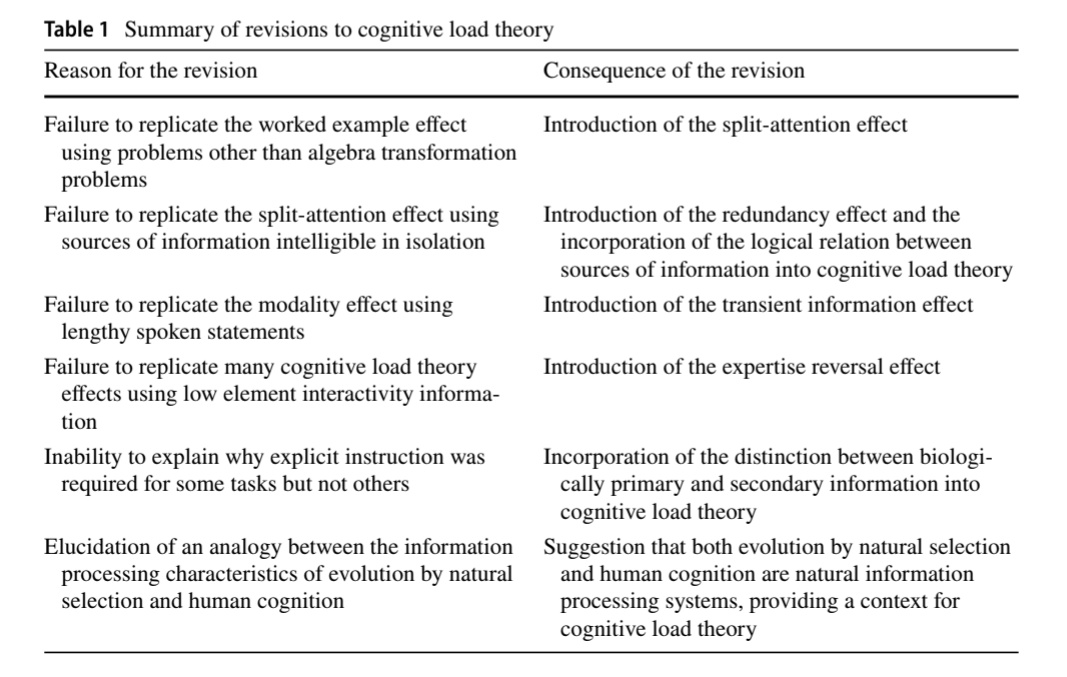1. L Y F - Love You Forever. Voice acquired taste (I like it raw like that). Great bassline and rhythm....and organ #TimsTwitterListeningParty
2. Cave Song - reminds me how many rhythm changes they had. I never could understand what Ellery sang but it didn’t matter. Under the sound...the melody... #TimsTwitterListeningParty
3. Such a Sad Puppy Dog - no, I don’t really sing along, you just make the same primal sounds. That marching drum. Organ. A wall of sound in the second half. #TimsTwitterListeningParty
4. Summas bliss - I can only guess that it refers to summer, but the uptempo, ever tempo-changing guitar play, does invoke that image with me. Tempo changes. #TimsTwitterListeningParty
5. We Bros - check out the great video as well (version different from album though IIRC) - I sing ‘we bros you lost man’ etc. with my children. #TimsTwitterListeningParty
I loved the symbolism. The handkerchief. The symbol. The changing/multiple meaning.
WU - World Unite
LYF - Love You Forever / Lucifer Youth Foundation
#TimsTwitterListeningParty
WU - World Unite
LYF - Love You Forever / Lucifer Youth Foundation
#TimsTwitterListeningParty

6. Spitting Blood - also had a video I think
7. Dirt - the last video I think . Video lots of flashing images. Immense drums in beginning. I would say this is the most political song. #TimsTwitterListeningParty
I found the video very compelling. And the message ‘World Unite - Love You Forever’. And to ‘Go Tell Fire’. With images of people in revolt. I must admit I thought it was a disappointment they then broke up. Was that the ‘revolution’? #TimsTwitterListeningParty 

8. Concrete Gold - together with Heavy Pop first ones I heard and bought (that 12” right). Second half different from first half. Bit Sigur Ros-y #TimsTwitterListeningParty 

I think the pacing of this album is so good with the ‘hits’ (pun intended) with videos in the middle (We Bros, Spitting Blood, Dirt) #TimsTwitterListeningParty and atmospheric songs surrounding it...
9. 14 Crowns for me and Your Friends - for me this feels as winding down towards the end. Deep drums. #TimsTwitterListeningParty
10. Heavy Pop - this was the first song I heard from Wu Lyf. Slowly builds. Again has lots of tempo changes. I said I liked the pacing but I did feel this one did not belong at the end. #TimsTwitterListeningParty
That was a great listen. I think this album had a unique combination of guitar, vocals, organ sounds and especially rhythms (very danceable in many places..) - shame only one album. But it does make this one particularly unique. #TimsTwitterListeningParty
• • •
Missing some Tweet in this thread? You can try to
force a refresh





